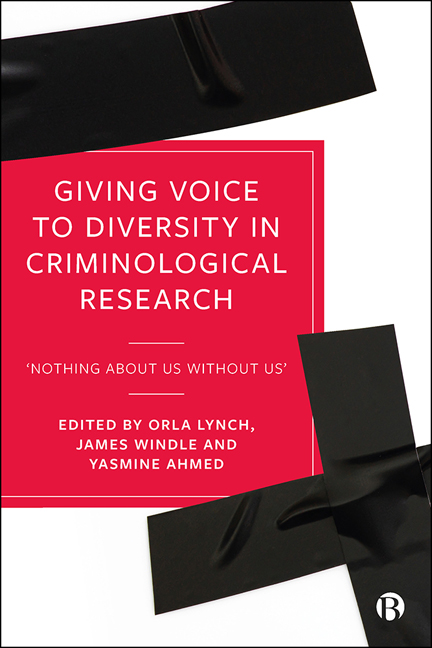4 - Institutional Abuse in Ireland: Lessons from Magdalene Survivors and Legal Professionals
Published online by Cambridge University Press: 13 May 2022
Summary
Introduction: Ireland's Magdalenes, the SASCA Project, and institutional abuse
The girls and women who were incarcerated in Ireland's Magdalene institutions found themselves under lock and key due largely to perceptions that they were at risk of violating or had violated moral rather than legal codes. Their treatment was in many ways worse than the treatment of those imprisoned under the Irish criminal justice system; arbitrariness and exploitation were its hallmarks. Addressing the manifold injustices that occurred is still an ongoing issue for groups such as Justice for Magdalenes Research (JFMR) and for survivors themselves, and this chapter offers an introduction to the difficulties that the women face in seeking accountability and redress for the legal wrongs perpetrated by state and non-state actors. In particular, the chapter discusses the findings of a 24-month European research project in which the authors were involved, entitled SASCA (Support to Adult Survivors of Child Abuse in institutional settings), and draws on survivor testimony recorded as part of a separate oral history project (O’Mahoney, 2014).
Ireland's Magdalene Laundries
Magdalene institutions had a long history on the continent of Europe, and they were established in the mid-eighteenth century in Ireland as asylums for poor and destitute women. Prior to the twentieth century, they were run by religious orders or lay-managed philanthropic concerns, often equipping women with training and references of good character to afford them the opportunity to earn a living after their rehabilitation work (Luddy, 2007; Smith, 2007). The institutions adopted the life of Mary Magdalene as their exemplum, described in the Christian tradition as a repentant prostitute who became one of the most notable followers of Jesus. Christian tradition holds that penance should involve tasks characterized by humility and labour so that divine forgiveness might be granted for sins. The Magdalene institutions run by Catholic orders in Ireland enshrined the assumption that women's bodies and female sexuality cause ‘occasions of sin’, whereby a man might be likely to be enticed into committing sinful behaviour. Hence, the work of the religious sisters in containing women who would promote potential vice was considered to be good social work by the patriarchal rulers who ran Ireland (Howell, 2003).
- Type
- Chapter
- Information
- Giving Voice to Diversity in Criminological Research‘Nothing about Us without Us’, pp. 67 - 88Publisher: Bristol University PressPrint publication year: 2021



